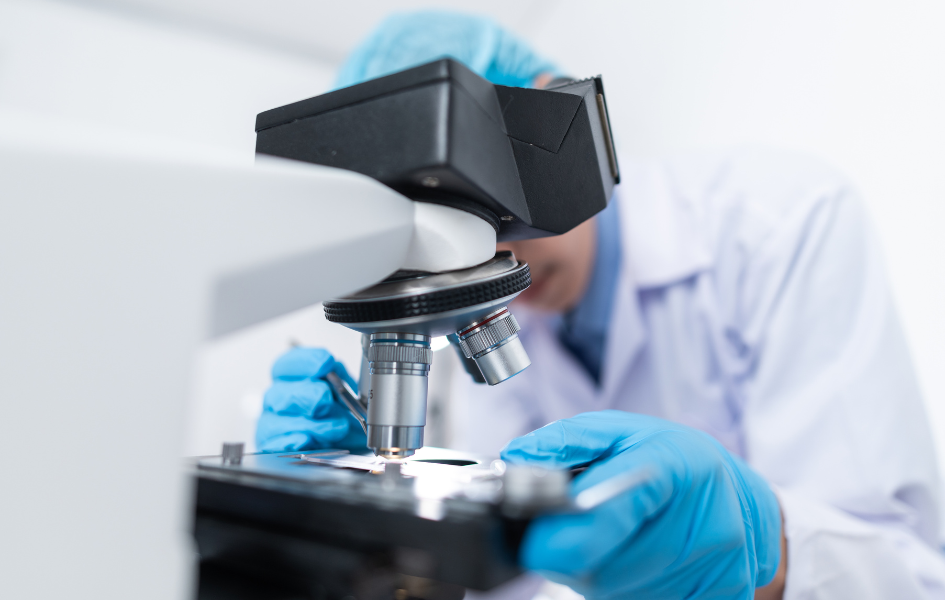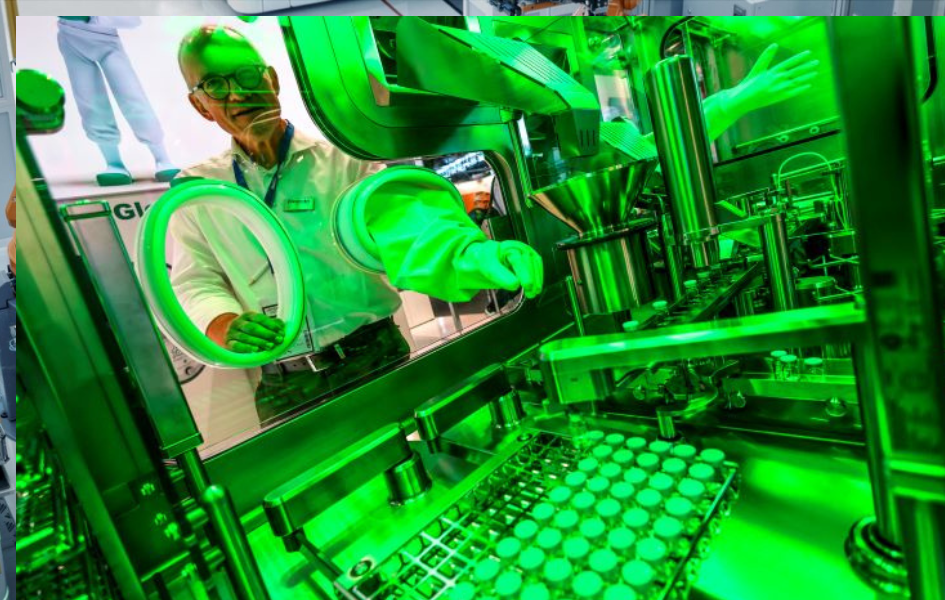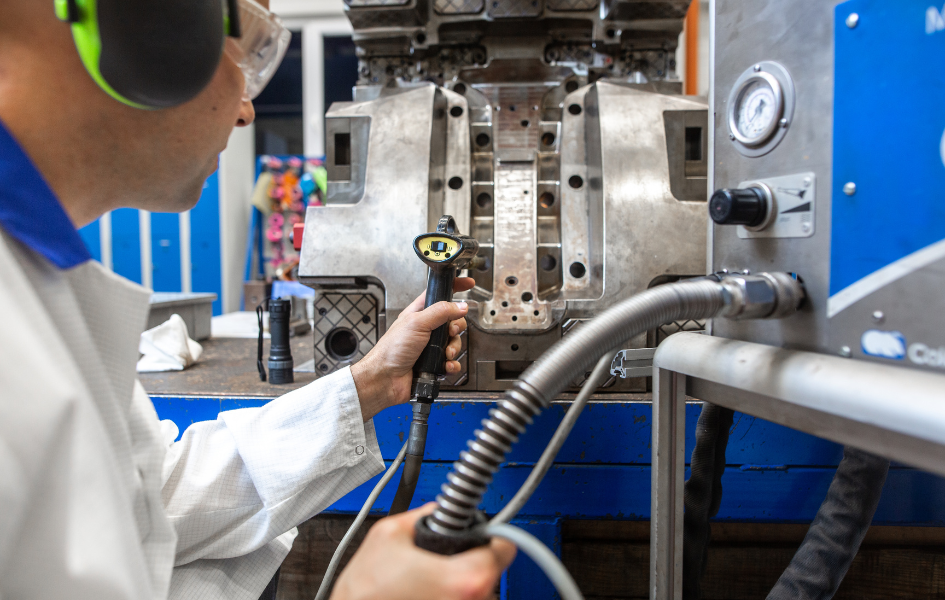Advancements Transforming Medical and Pharmaceutical Manufacturing
TESSY AUTOMATION INDUSTRIAL DIGEST
Welcome to the July edition of Tessy Automation’s Industrial Automation Digest! This month, we explore a range of innovations that are propelling the field of industrial automation forward. We start with an in-depth look at how additive manufacturing is transforming the medical device industry, offering new levels of customization and efficiency. Next, we provide a strategic guide to planning and implementing automation in medical manufacturing, designed to help you navigate the complexities of this evolving landscape. We also cover the latest trends and technological advancements presented at ACHEMA 2024, focusing on their impact on pharmaceutical manufacturing. Lastly, we delve into the revolutionary role of AI in injection molding, demonstrating how intelligent systems are enhancing production quality and efficiency. Join us as we uncover these advancements and their implications for the future of automation across various sectors.

How Additive Manufacturing is Shaping the Future of Medical Devices
AnnaMary Gualdoni discusses the significant impact of additive manufacturing in the medical device industry, addressing challenges like rising raw material costs and supply chain disruptions. With the market projected to reach $15.35 billion by 2032, Siemens’ solutions are enabling the creation of highly customized medical devices tailored to individual patient needs. Examples include Unlimited Tomorrow’s personalized prosthetics and LimaCorporate’s innovative knee implants. The customization capabilities of additive manufacturing, driven by generative design and CAD tools, offer precision unattainable by traditional methods. Additionally, economic benefits are notable, with cost-effective single-unit production eliminating the need for expensive molds. Siemens’ digital twins and centralized production ensure regulatory compliance and high-quality standards. As AI and digitalization continue to advance, additive manufacturing promises ongoing innovation, enhancing both company operations and patient care. Read full article.

2024 Planning Guide for Medical Manufacturing Automation
The 2024 Planning Guide for Medical Manufacturing Automation emphasizes the importance of incorporating automation to boost productivity, reduce errors, and cut costs. Developing an effective automation strategy involves assembling a cross-functional team, mapping out existing processes, and identifying automation opportunities without disrupting workflows. This guide outlines how to make a compelling business case for automation and create a detailed implementation plan. By strategically planning and coordinating efforts, medical manufacturers can enhance efficiency, ensure compliance, and maintain high-quality standards in their production processes. Continue reading.

Advancing Pharmaceutical Technology: Trends and Innovations at ACHEMA 2024
ACHEMA 2024, held in Frankfurt, Germany, showcases the latest advancements in pharmaceutical technology, focusing on automation, biopharmaceuticals, and continuous manufacturing. Key trends include the integration of robotics and intelligent systems to enhance precision and compliance in drug development. The event emphasizes the importance of strategic investment in cutting-edge technologies and flexible production infrastructure to meet evolving industry demands. With the largest exhibition space to date, ACHEMA 2024 provides a platform for industry professionals to explore innovative solutions and future trends. This fosters collaboration and knowledge exchange among experts, driving pharmaceutical manufacturing forward. Read more.

How Does AI Revolutionize Injection Molding?
The integration of artificial intelligence in injection molding is revolutionizing the production of plastic parts across various industries. AI optimizes the design phase by analyzing complex rules and constraints, leading to more efficient and defect-free products. Predictive maintenance and real-time quality assurance are key benefits, with AI systems identifying potential issues before they cause downtime and ensuring each component meets stringent quality standards. Additionally, AI-powered automation enhances the entire production cycle, reducing cycle times and improving material efficiency. This technological advancement not only increases productivity but also ensures high-quality outcomes, driving the future of manufacturing. Keep reading.
